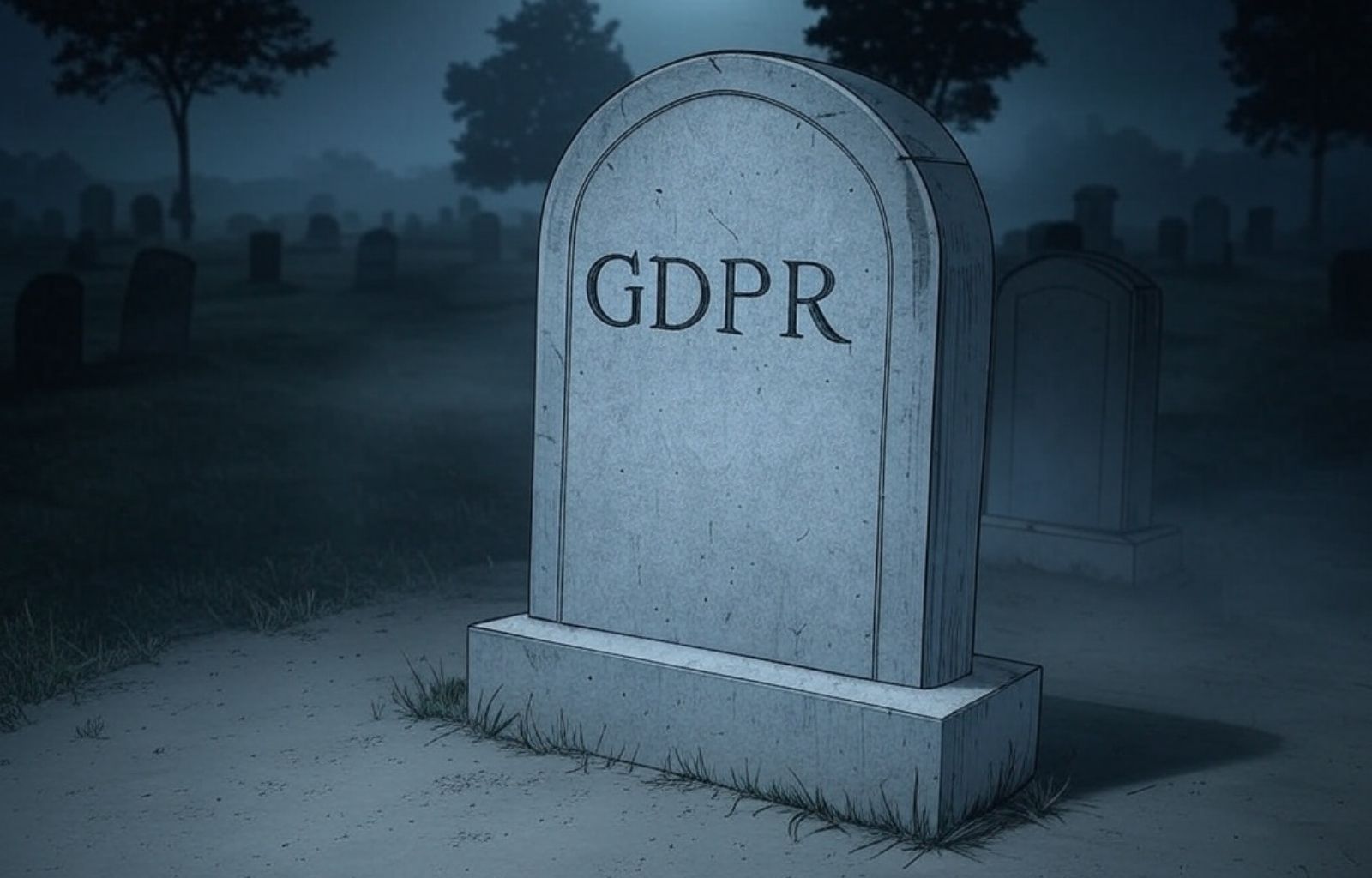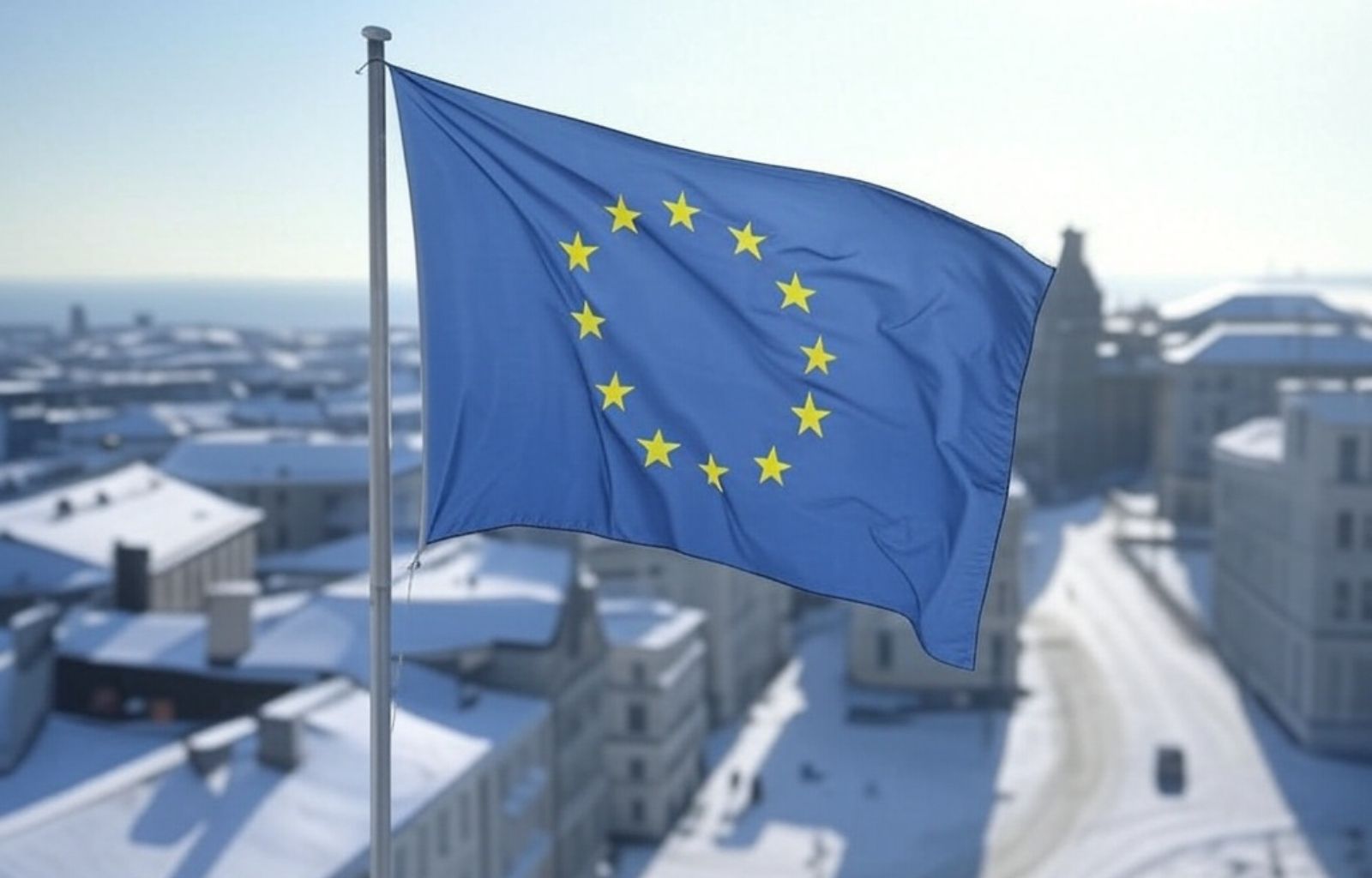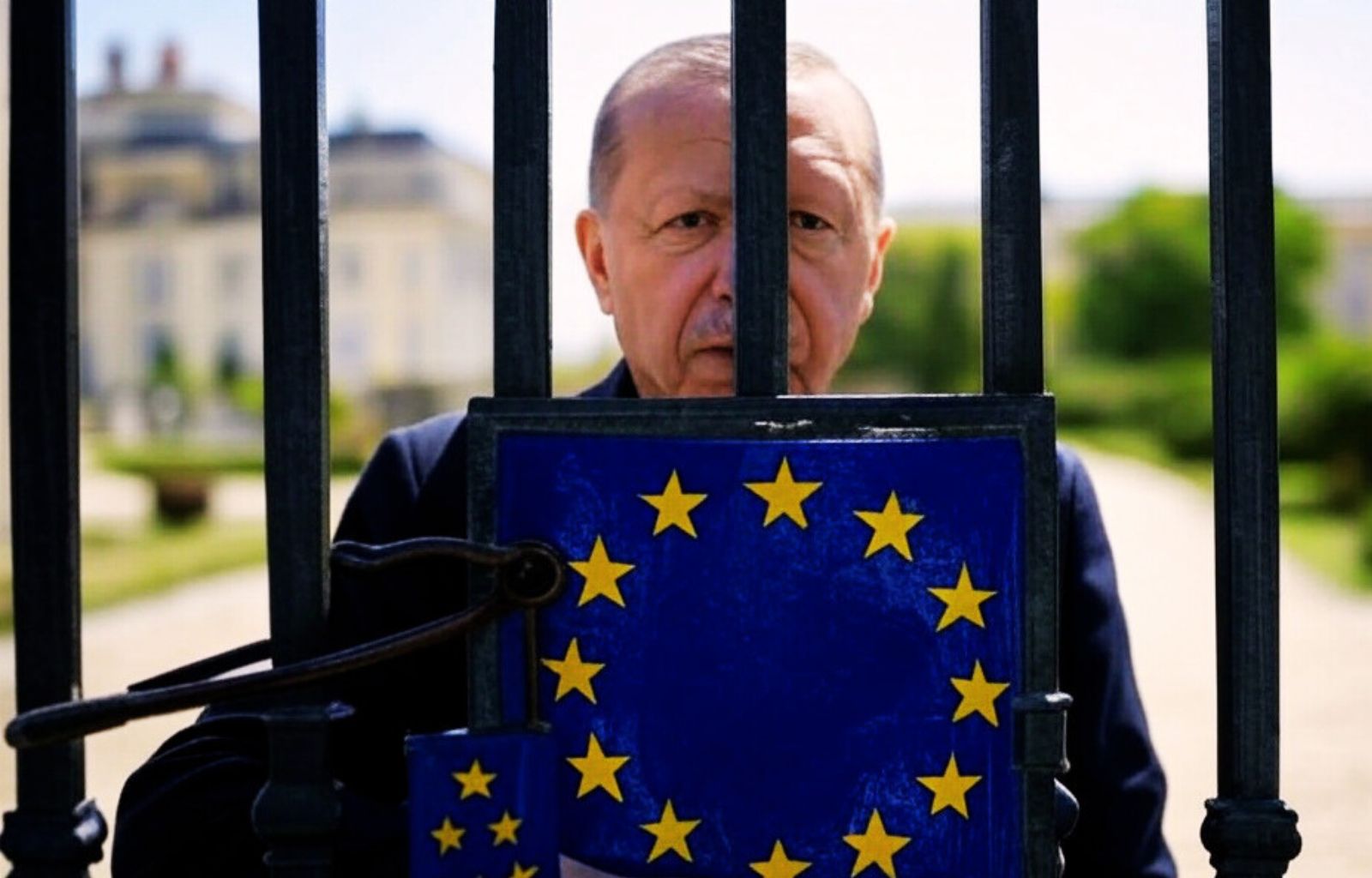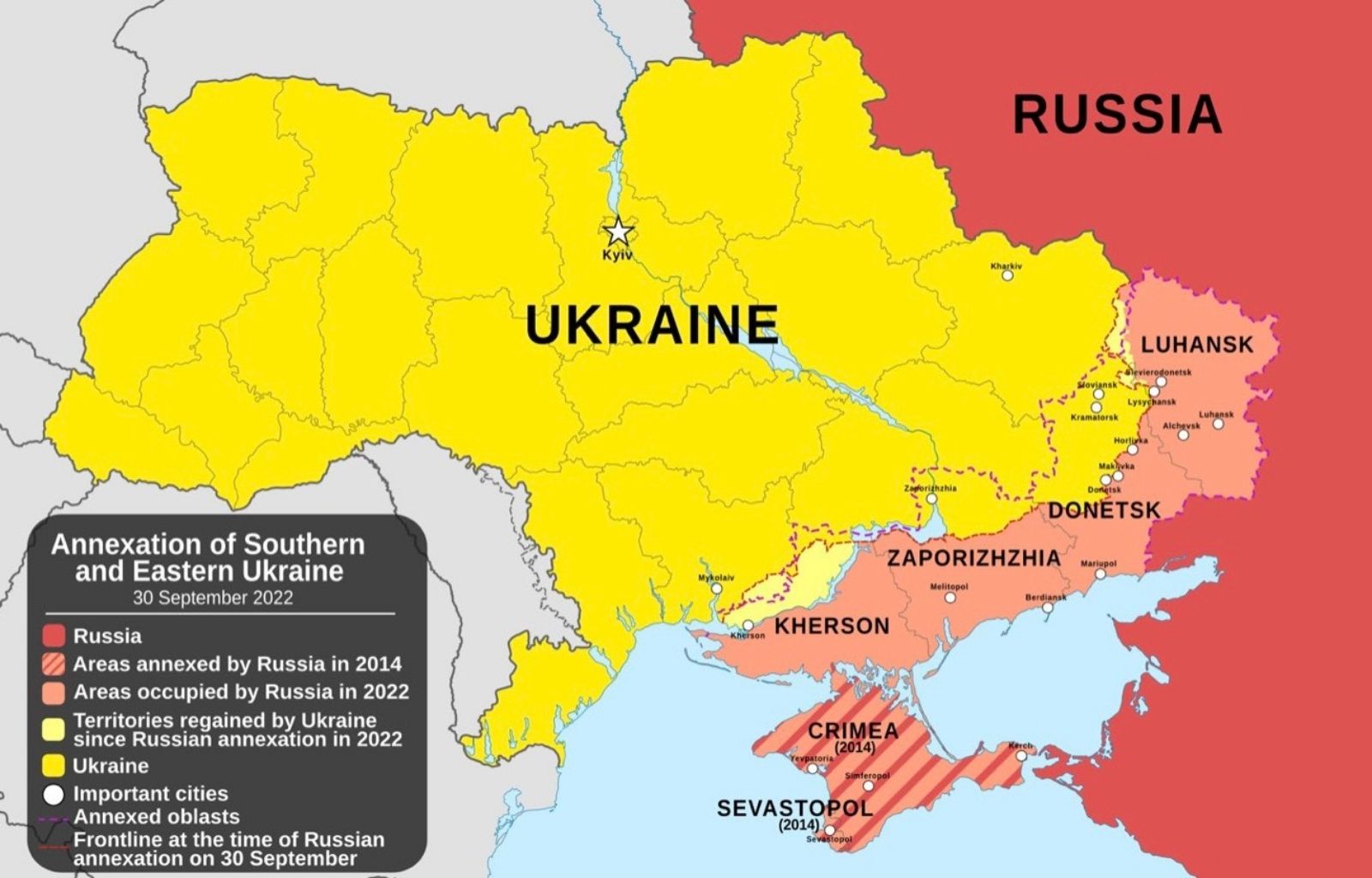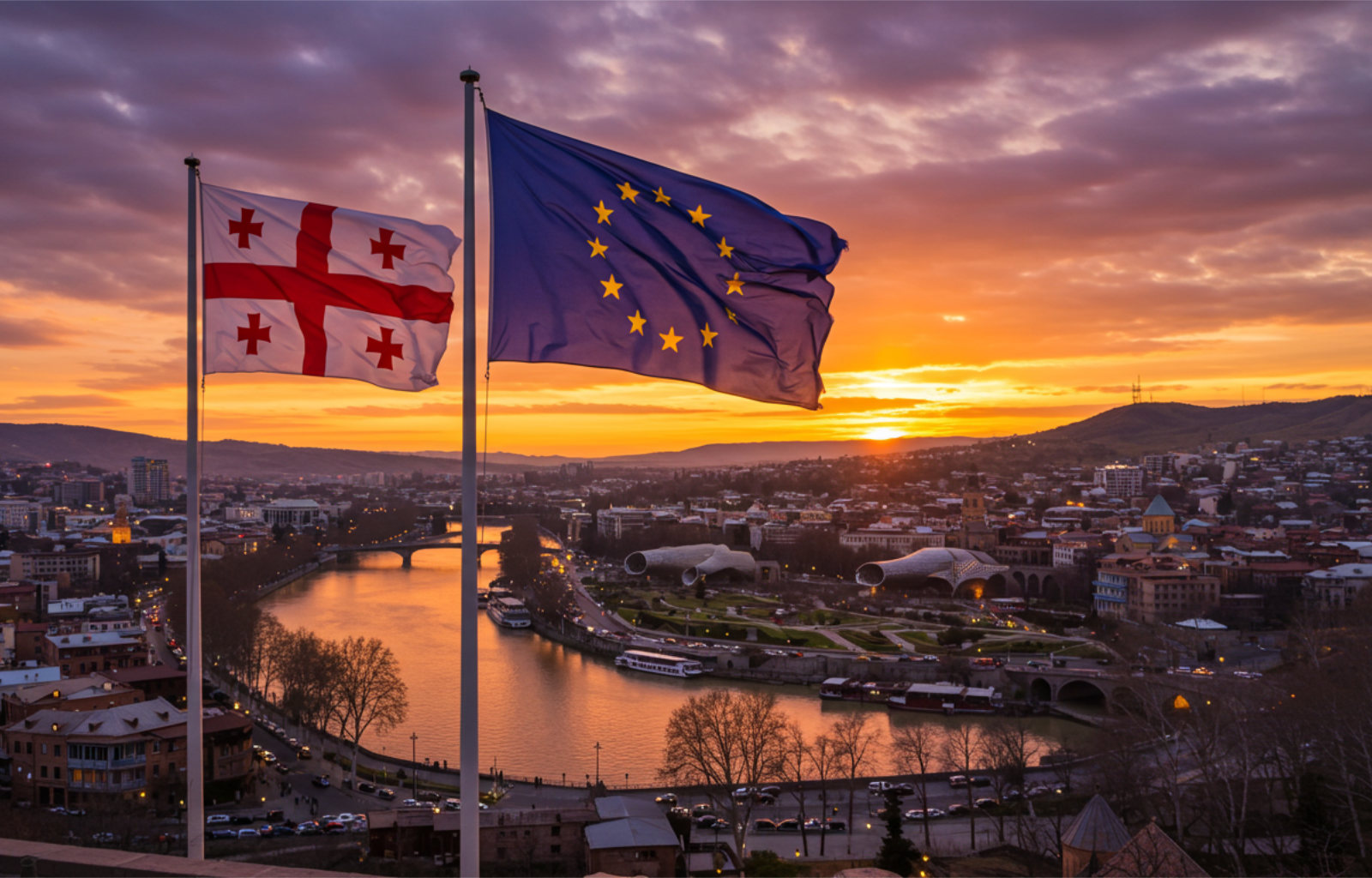Young Serbs resent Europe, but not for the reason you think

For five months now, Serbia has been rocked by oceanic protests that have brought up to a million people onto the streets.
However, unlike what is happening in Georgia, Moldova, Romania, Hungary and Slovakia (and what happened some time ago in Ukraine and Belarus), European flags are not waved in those marches as a symbol of freedom and transparency.
This absence is not accidental, but reflects a deep disillusionment of young Serbs with theEuropean Union.
A sentiment that does not stem from improbable nostalgia for Milosevic and his genocidal raids in half of the Balkans (which took place when most of the protesters were not even born), but, on the contrary, precisely from the perception that theEU is currently not doing enough to promote in Serbia the values it fills its mouth with elsewhere.
According to many, on the contrary, Brussels is providing ambiguous support to the semi-dictatorial government of Aleksandar Vučić.
The reason for this widespread impression is twofold.
On the one hand, there is the issue of a huge lithium deposit located in the Jadar valley. This deposit, if exploited, could meet 90 per cent of the continent’s need for a mineral that is essential for batteries in digital devices and green technologies.
However, the opening of the mine, which would go under concession to the British-Australian corporation Rio Tinto, is seen by local communities and the younger generation as an unacceptable environmental disaster.
On the other hand, theEU seems to be playing a long-term strategic game with Vučić.
The Serbian president, for ideological reasons, is a solid ally of both the Russian and Chinese regimes. The EU would adapt to this reality and choose a strategy of slow attrition: make Serbia completely dependent on Europe, not only in terms of trade but also in defence,industry and other vital sectors, so as to gradually disengage it from thealliance with Moscow and Beijing.
The protesters’ demands
The protests in recent months have seen an estimated one sixth of Serbia’s adult population take to the streets. The demands made were clear:
1) Vučić’s resignation and new transparent elections;
2) reforms against corruption, which has led to tragedies such as the November massacre when the Novi Sad bus shelter collapsed;
3) the withdrawal of the project to open the lithium mine.
Behind these demands is a deep-rooted distrust of a government perceived as corrupt and authoritarian, but there is also criticism of theEU‘s complicity, real or perceived.
For European values, the Serbian situation represents a thorny dilemma.
To begin with, are the young Serbian people right or wrong to protest against the mine?
Is it right forEurope to continue to use minerals from quarries located only in poor countries on other continents, dumping all the environmental devastation on them?
‘No, it is unfair’, one would say. But, in this case, would it be credible to support the fight against Vučić and corruption, while still imposing the opening of the mine and thus alienating the sympathies of a large part of theSerbian opposition?
But what ifEurope, out of rhetoric or political calculation, supported all three of the protesters’ demands?
Would it not risk setting a precedent for any other small national community – such as the one inhabiting the disputed Greenland – that took it upon itself to prevent the exploitation of its own subsoil?
An uncertain future between ideals and realpolitik
The Serbian situation highlights a tension between ideals and realpolitik. TheEuropean Union, which presents itself as the champion of rights, democracy and even sustainability, risks appearing hypocritical in the eyes of young Serbs.
According to a poll conducted by theInstitute for European Politics, 65% of Serbs between the ages of 18 and 35 believe that the EU is supporting Vučić for economic interests, sacrificing the principles of transparency and democracy. This sentiment is also fuelled by the fact that, while the EU openly criticises Russia and China, it is willing to turn a blind eye to the authoritarian strictures of the Serbian government.
In this context, the protests in Serbia should be read not only as a challenge to Vučić, but also as a message to Europe.
Young Serbs are demanding consistency, respect for their rights and their territory. If the EU really wants to earn their trust, it will have to show that it is willing to make a choice that in any case will not be painless.
If not, disillusionment with theEU could turn into a more radical rejection, paving the way for the anti-European narratives we are so familiar with (and which would then, indeed, find nourishment in the facile rhetoric of ‘Nato bombs dropped on Belgrade’ or regret for the ‘Greater Serbia‘ that was ‘unjustly‘ demolished thirty years ago).
The Serbian game, therefore, is much more than a local issue: it is a credibility test for theentire European project. If the proud Danubian country is not integrated into the Union and transformed into a garrison of stability, it will continue to be a powder keg of resentment and a threat to its neighbours, with outcomes no less unpredictable than those seen at the beginning of the 20th century.
Serbian activists know this, and recently chose a very effective means to launch their j’accuse at the short-sightedness of the EU institutions: eighty of them cycled from Novi Sad to Strasbourg. What response they will receive, time will tell.

